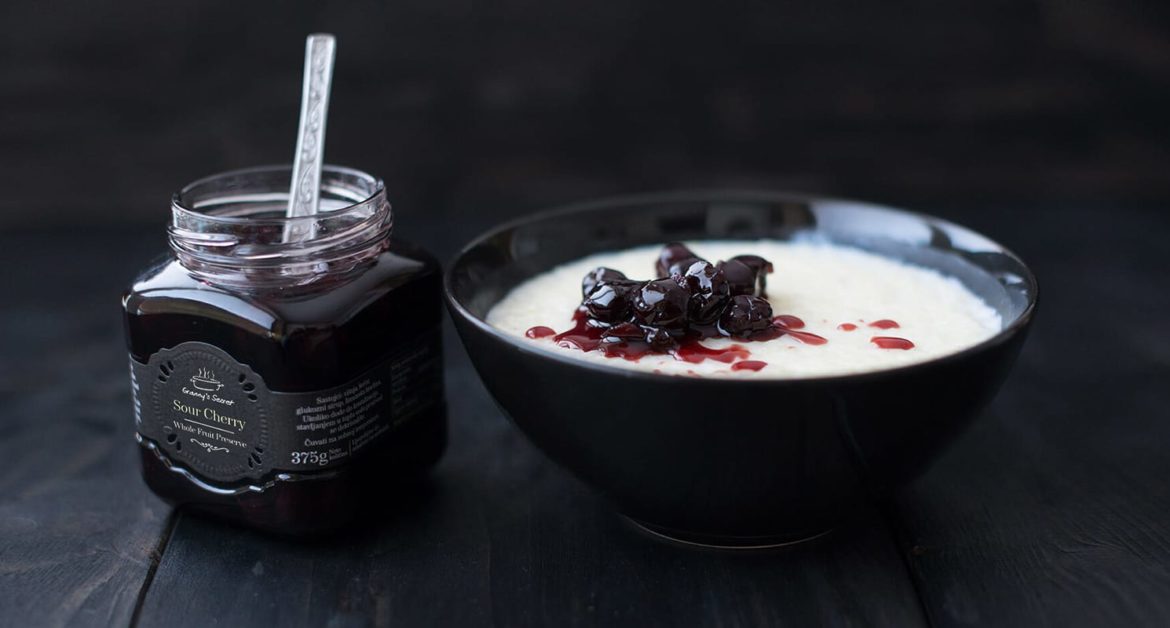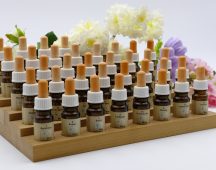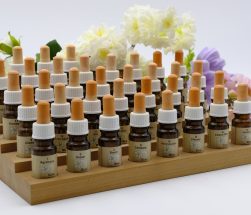White patches on face or skin

Pityriasis comes from Greek word bran and is used to describe flaky scaly skin. There are a few types of pityriasis skin conditions namely Pityriasis Alba, Pityriasis Lichenoides, Pityriasis Rosea, Pityriasis Rubra Pilaris and Pityriasis Versicolor (Tinea Versicolor).
It is thought to be a type of dermatitis (non-specific inflammation of the skin) that leads to “post-inflammatory hypopigmentation”. This means that the skin is dry or irritated in some way and the skin is left injured. The affected areas appear lighter that other areas of the skin, especially after sun exposure.
Pityriasis Alba
Pityriasis Alba is a common skin disorder that affects children and young adult. The exact cause is unknown. It first appears as scaly mild red round/oval patches which subsequently lighten to form pale white patches on the skin. It can occur on the face, neck, shoulders and upper limbs. The most common place is still the face. The skin pigmentation will return on its own after months to a year.

Dry skin or cold weather may be contributing factor. It is not contagious. Diagnosis is by clinical presentation. No laboratory tests are required. Treatment is seldom needed as it usually remits on its own. Allopaths use steroid cream (hydrocortisone) or tacrolimus cream, but, they are of no use. The white patches usually do not re-pigment well with sun exposure so repeated sun exposure should be avoided as it will make the patches more distinct when the surrounding skin darkens. Protecting your skin from the sun with broad-spectrum sunscreen is the best way to prevent this condition from becoming more noticeable (and is also really important for other reasons).
There are other skin conditions that cause patchy or more generalized whitening of the skin such as vitiligo, psoriasis, atopic dermatitis, or tinea versicolor.
Vitamins D, E, B12 are responsible for skin health. Their lack can also lead to white spots. In this case you simply need to correct your diet, since skin marks are not the only health problems malnutrition may trigger.
Homeopathic Treatment:
Although all individuals need specific care, some homeopathic remedies commonly used for this condition according to the patient suitability are:
- benefits
- dr nisanth nambison
- dr smita nambison
- homeopathy
- homoeopathy
- natural treatment
- no side effects
- prevent
- safe therapy
Related Posts
- comments















